I recently had the opportunity to go along with Whole Foods on a trip to DiveMex Fair Trade Pepper Farm in Mexico. It was a day packed with activity and learning. It was an eye opening experience to get to visit a Fair Trade Farm in person, look at the crop production, and attend a worker’s meeting. I loved getting to learn about what Fair Trade certification really means to farmers and their workers.
What Is Fair Trade?
In case you are unfamiliar with what Fair Trade means, here is more about it in the words of Fair Trade USA:
“Quality Products. Improving Lives. Protecting the Planet.”
Fair Trade USA also says, “We’re a nonprofit, but we don’t do charity.” And that is what I love about the Fair Trade certification process. Fair Trade representatives serve as educators. They are world changers. However, they are not just idealist. They teach farmers how to farm successfully in a more sustainable way both for the earth and for their business. Fair Trade helps insure that workers are justly compensated and that success of the business contributes to the positive influence in their communities. As Fair Trade USA puts it, “the money you spend on day-to-day goods can improve an entire community’s day-to-day lives.”
What Does Fair Trade Mean To Farmers?
Even with that definition and description of what Fair Trade means, I believe the concept can be a little nebulous. That is why I am so excited to show you what Fair Trade is really all about. Here is a look from the farm, to farmers and farm workers, and to the stores that sell Fair Trade goods. Let me take you along on my Fair Trade journey so you can see the benefits first hand.
DiveMex: Fair Trade Pepper Farm
DiveMex was the first Fair Trade Certified vegetable farm in Mexico. The Whole Trade (a term used by Whole foods to denote Fair Trade or other ethically and environmentally sustainable projects) peppers from DiveMex were the first Fair Trade USA vegetable available for sale in the U.S. Whole Foods Market launched the program and is still the exclusive seller of these Fair Trade Peppers in the U.S.
DiveMex grows their peppers in large greenhouses. In order to meet Fair Trade Certification, agrochemical applications are limited by type and frequency and there are no GMOs. Fair Trade also help give the farmers strategic approaches to integrated pest management, responsible waste management, protection of soil and water and biodiversity, and reduction of energy use. The bell peppers have beautiful little white flowers. These grow small green peppers which mature into larger green peppers and turn red as they completely ripen.
Though all their peppers are grown using Fair Trade sustainable agriculture practices, only some of the DiveMex peppers are organic. The organic peppers are grown in separate greenhouses. They are grown in organic soil bags above the ground. If disease gets into the organic pepper greenhouses, they have to close them and let the whole pepper greenhouse die. Therefore, it is quite a bit riskier growing organic peppers.
The peppers are harvested inside the greenhouses. Then crates are passed out the greenhouse through special doors built for this. Then they are loaded onto trucks to be transported to the production facility.
DiveMex Fair Trade Packing Plant:
We were also able to take a look at the packing plant. We watched workers clean, sort, and package the peppers. Fair Trade guarantees minimum prices in some commodities and focuses on increasing wage levels for workers. Fair Trade ensures health and safety measures are established in order to avoid work-related injuries. They follow International Labor Conventions (ILO).
After being washed, the peppers are sorted. Any peppers with marks on them are put onto the conveyor belt below that moves in an opposite direction.
The peppers then go through a nifty machine with optical imaging. This triggers the “trap doors” the peppers are on to open and drop them onto the next conveyor belt by color!
The DiveMex Fair Trade peppers are then packaged.
The fair trade peppers are then boxed for shipment. He is pointing at the Whole Trade Guarantee label.
The DiveMex Fair Trade peppers are sold through Oppenheimer to Whole Foods.
DiveMex Fair Trade Farm Facilities:
The workers have access to a small medical clinic that is on DiveMex property.
There is also housing on the DiveMex property for most of the workers. They even have a lovely child care facility right next door. When I say lovely, I mean really immaculate and adorable with lots of devoted workers. I would feel very comfortable leaving my own children there.
DiveMex has always tried to provide a good environment for their workers, but they admit that social responsibility has grown tremendously since certification. They attribute this to the great Fair Trade framework and the means to accomplish it.
DiveMex Fair Trade Worker Meeting:
Fair Trade USA standards require democratic and transparent decision making. The workers elect their own representatives to help decide how to spend their Fair Trade money. We were able to attend a meeting of the DiveMex representatives. I love this concept because suddenly workers are given a chance to “be somebody”. Their work and reputation among the other workers can earn them a place in deciding and carrying out how to spend the funds to build their community. I was thinking how empowering this must be for these representatives. My thoughts were confirmed as by a Whole Foods Global Product Coordinator who told me when he first met the representatives, they were quite timid but now they get excited and they have strong ideas.
The president of the worker body also mentioned that she had the opportunity to attend what was the First-Ever Fair Trade Produce and Floral Summit. Held in April 2013 in San Carlos, Mexico, the Summit brought together 115 farmers & farm workers from Mexico, Guatemala, Costa Rica, Ecuador, Colombia and Peru as well as nonprofit organizations. She said it was very helpful to hear what was working for other farms and what was not working so well while they were constructing their own plans for improving their communities. I couldn’t help but think what an amazing opportunity it must have been for her. She said she loved having these new experiences, meeting new people and feeling like she was part of something bigger working towards positive change.
At the meeting, a group of Whole Foods employees that had done a good job in educating their store team and customers about the new Whole Trade Peppers showed pictures of the pepper displays to the farm workers. The workers really enjoyed looking at the photos and seeing how the peppers they harvested were sold in super markets in America. I could tell by the smiles and they way they talked among themselves pointing at the photos.
The DiveMex workers were focusing their Fair Trade earnings on scholarships for their children and dental care for their workers.
Benefits of Fair Trade To Farmers And Farm Workers
I talked to several different DiveMex management members and here are some of the answers I got when I asked how becoming Fair Trade Certified had helped them:
“It makes the employees happy. They smile when you talk about Whole Foods. They like the visits from Whole Foods and knowing that they are part of something.”
“We used to have 50% employee turnover. Now with Fair Trade Certification, we are down to 5% turnover.”
“I knew Fair Trade was doing something really good when a worker told me thanks because now he spent time with his son learning together to help him improve his grades and qualify for a scholarship.”
“It is helping a community get a high school that will benefit more than just children of DiveMex workers.”
One member of management told me in a discussion over dinner what he liked about being involved in Fair Trade. I didn’t have a pen or paper handy but I can tell you he moved me with the sincerity of his response and the pride with which he told me that businesses could lead their country up and improve life for the citizens and that he was happy to be doing just that. I love it when you feel someone’s enthusiasm and I felt his.
Conclusion
On asking a worker what her message would be to people who wanted to learn about Fair Trade, she said, “It’s a very good program for our people. I would say ‘thank you’. By buying Fair Trade, you are helping our people.”
Related Posts:
10 Great Fair Trade Chocolate Companies

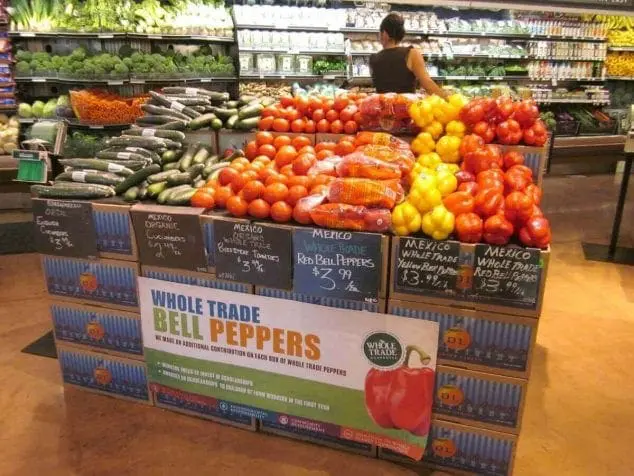
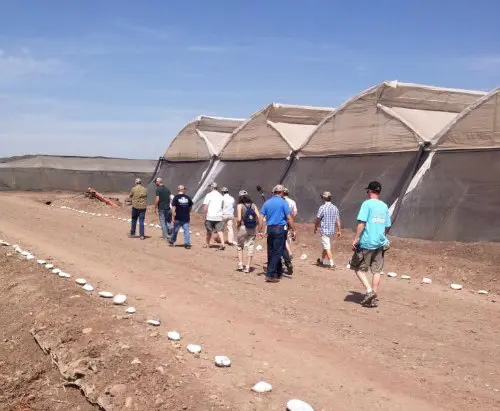
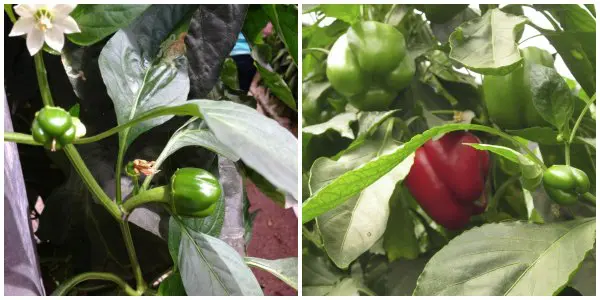
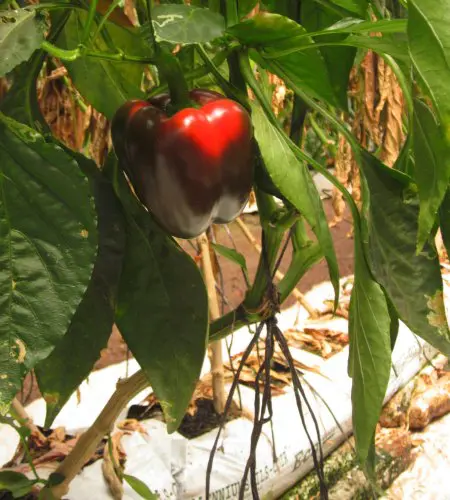
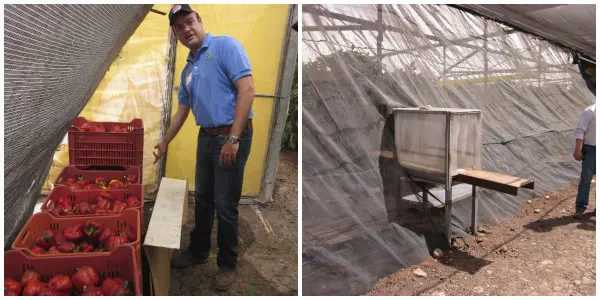
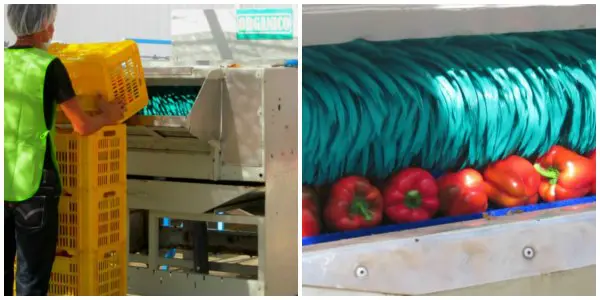
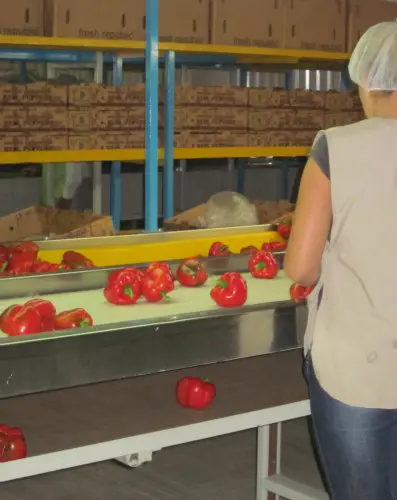
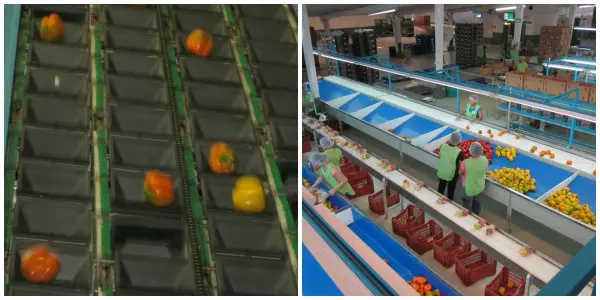
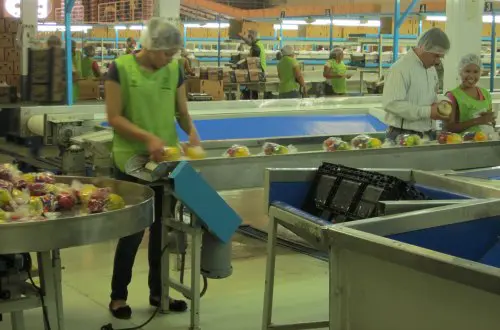
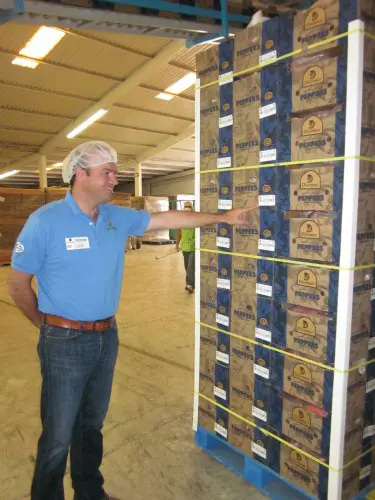
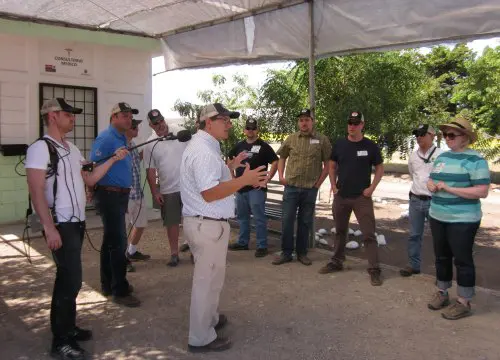
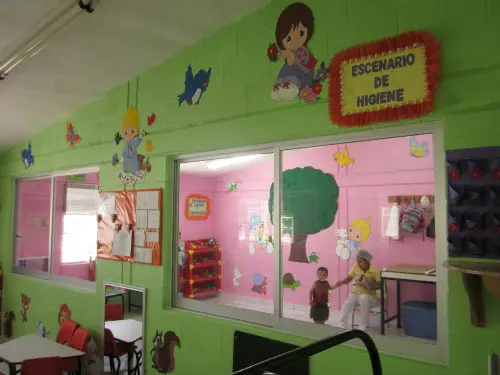
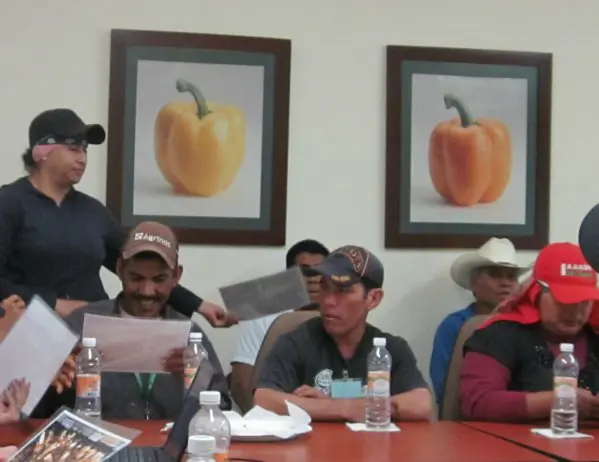
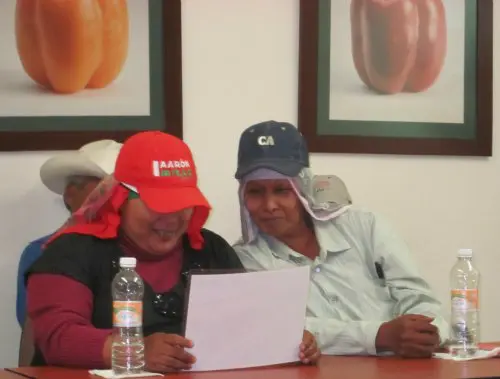
Felicai says
Wow! What an amazing program. I am blown away by what they offer to their DiveMex employees beyond just a paycheck.
Thanks for sharing your experience!!